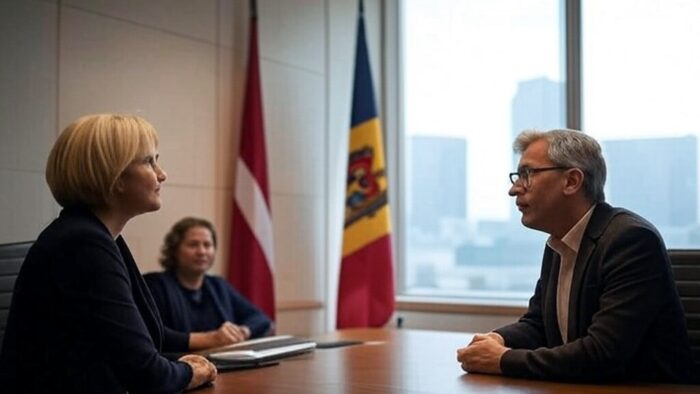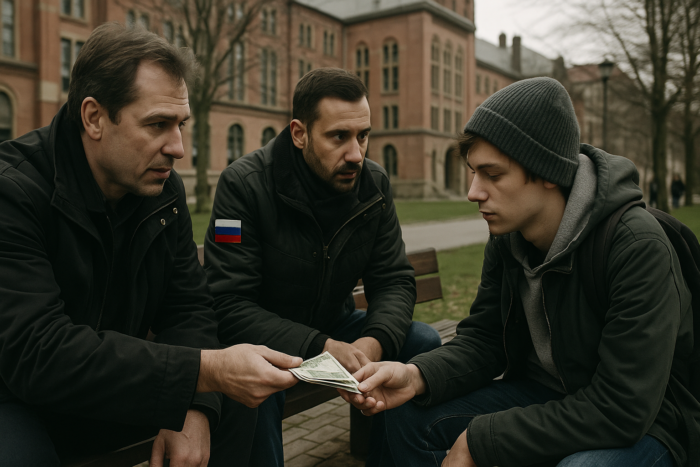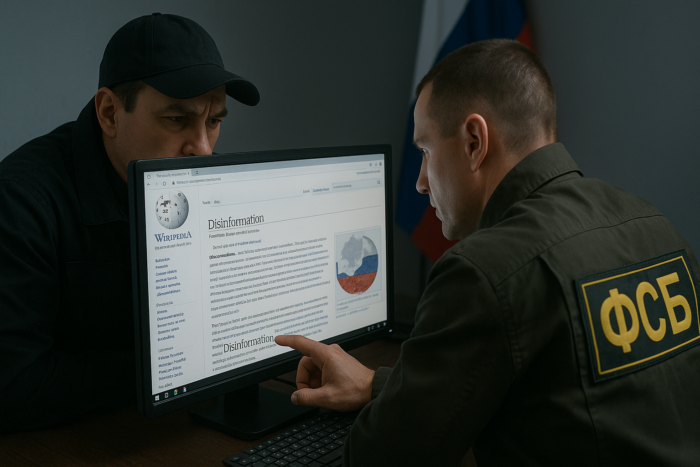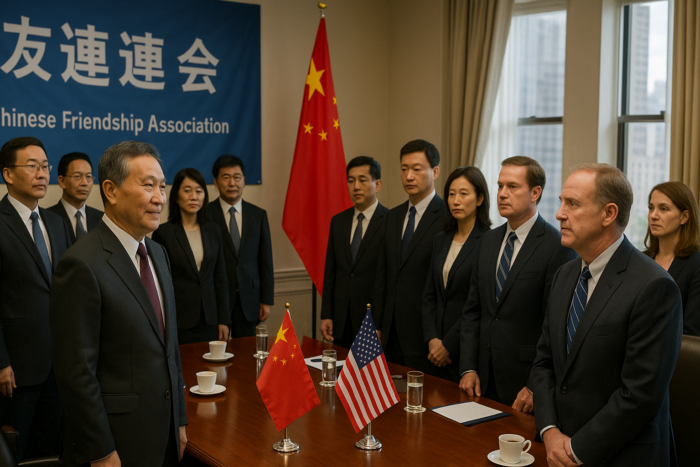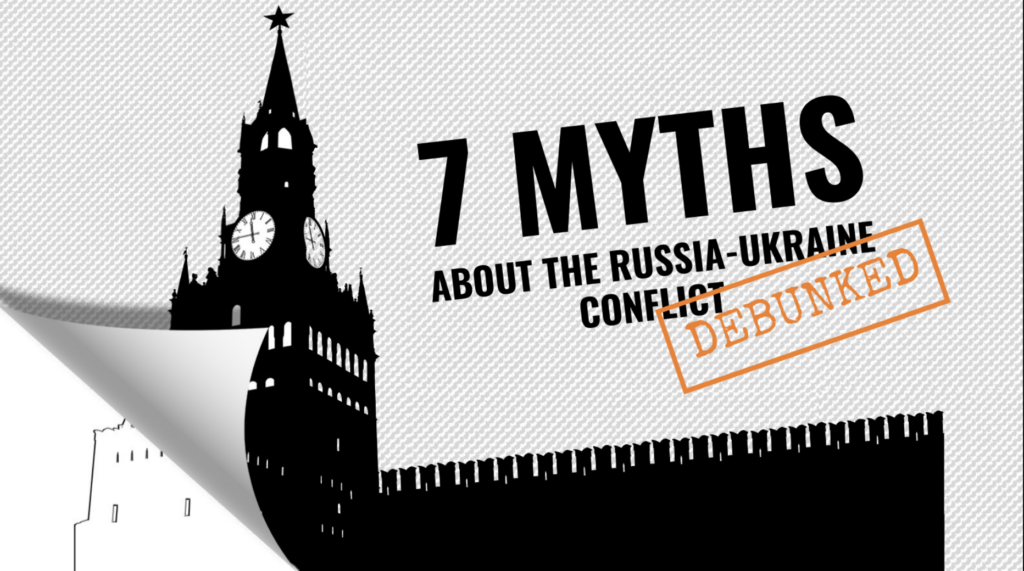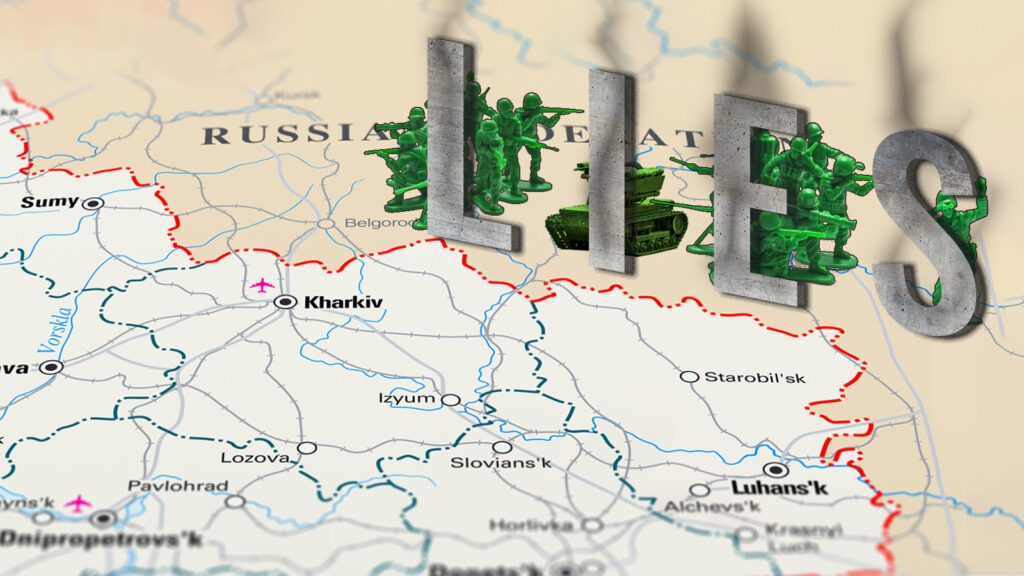On 3 January 2024, the Center for European Policy Analysis (CEPA) highlighted the growing challenge of Russian interference in Western democracies, as evidenced by recent elections across NATO member states, including Slovakia. The Slovak parliamentary election on September 30 revealed a significant pro-Russian sentiment, with the SMER-SD party, led by populist ex-Prime Minister Robert Fico, securing almost 23% of the vote. Fico’s rhetoric mirrored Kremlin lines, challenging Ukraine’s sovereignty and suggesting a halt to Slovak military support for Kyiv. This situation underscores the broader issue of Russian disinformation campaigns aiming to divide European societies and undermine NATO unity. Unlike in other countries where Russian media like Sputnik or RT directly disseminate propaganda, Slovakia’s information space has been infiltrated through subtler means since 2014, leveraging embassies, spies, local collaborators, and social media. These efforts paint Russia as a victim and a protector of traditional values, attempting to realign Slovak public opinion in favor of Kremlin narratives. The effectiveness of these tactics is concerning, with a GLOBSEC poll indicating a decline in the percentage of Slovaks who believe Russia is responsible for invading Ukraine. The article calls for urgent action from NATO to bolster its technological and cooperative defenses against such disinformation, warning that failure to address this threat could weaken support for Ukraine and enable Russian propaganda to flourish across Europe.
RussiaFebruary 6 2024, 8:43 am
Slovakia’s Election Showcases Danger of Russian Influence Operations
RECENT
POPULAR
